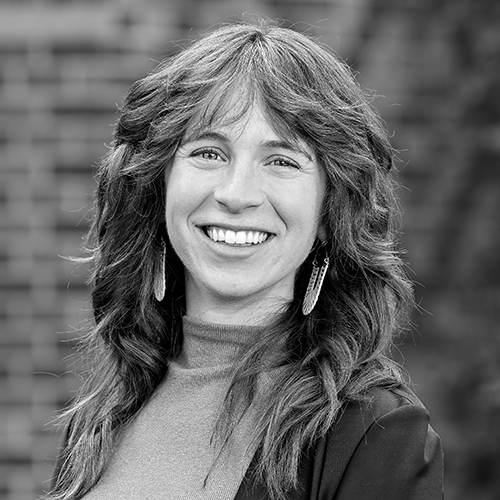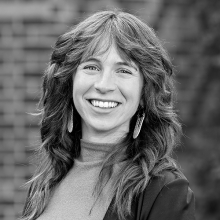Community Justice Advocates Apply for Utah Sandbox, Focused on Debt Collection Cases
 Utah’s regulatory sandbox, which celebrates its fourth birthday this month, may soon welcome a new participant: a group of social workers helping people navigate debt issues. Utah State University’s (USU) Transforming Communities Institute’s Community Justice Advocate (CJA) Program aims to train social workers to provide limited legal services to individuals in consumer debt cases, a population that often struggles to afford the services of an attorney. Armed with USU’s training curriculum—a combination of traditional learning, supervised practical experience, and ongoing support from legal professionals—CJAs could provide a range of legal support to consumer debt defendants, from helping draft demand letters to preparing them for court appearances. Unlike many similar programs that are operated by lawyers, USU’s would be operated by social workers with lawyers in a supporting role.
Utah’s regulatory sandbox, which celebrates its fourth birthday this month, may soon welcome a new participant: a group of social workers helping people navigate debt issues. Utah State University’s (USU) Transforming Communities Institute’s Community Justice Advocate (CJA) Program aims to train social workers to provide limited legal services to individuals in consumer debt cases, a population that often struggles to afford the services of an attorney. Armed with USU’s training curriculum—a combination of traditional learning, supervised practical experience, and ongoing support from legal professionals—CJAs could provide a range of legal support to consumer debt defendants, from helping draft demand letters to preparing them for court appearances. Unlike many similar programs that are operated by lawyers, USU’s would be operated by social workers with lawyers in a supporting role.
Consumer debt plagues millions of Americans, reaching an all-time-high average of $104,215 per household in 2023. IAALS’ own research indicates that consumer debt is the most common kind of money-related issue Americans face. Moreover, the vast majority of defendants in debt collection cases—as many as 99 percent in some U.S. counties—are not represented by counsel, while debt collectors are often represented by attorneys, many of whom specialize in consumer debt litigation. As IAALS noted in 2020, “[t]he view of our system as an adversarial one, where both parties are represented by competent attorneys who can assert all claims and defenses, does not match with reality. … A focus on the delivery of legal services, including lawyers and other less traditional approaches, is one way to help litigants navigate through a very complex process.”
Social workers—along with all other professionals without a law license—are typically forbidden from stepping into this legal services void because state regulations prohibit them from engaging in “the practice of law.” The actual definition of law practice varies state by state but would generally prohibit the kind of legal services that USU’s program contemplates, like providing legal advice to help a litigant identify defenses in their case.
Some efforts to challenge the strict application of unauthorized practice of law (UPL) rules have been successful, particularly in the consumer debt space: a New York-based nonprofit called Upsolve, which trains volunteers without a law license to provide basic legal advice to defendants facing debt collections lawsuits, sued the state of New York to protect its right to operate. Upsolve conceded that its program violated UPL regulations but argued that New York’s enforcement of those regulations would violate Upsolve’s First Amendment rights. The district court ruled in Upsolve’s favor; the state is appealing.
Still, the specter of UPL violations remains a major disincentive for organizations who wish to offer free or low-cost legal services using community members instead of lawyers. But Utah’s regulatory sandbox, established in 2020, offers a safe haven: it provides a “UPL waiver” that allows programs like USU’s to provide legal services without running afoul of UPL restrictions. If accepted, they would join several other entities using other professionals instead of lawyers to provide legal services, including Elysium Legal (offering a range of legal services with allied legal professionals), Holy Cross Ministries (providing legal advice for medical debt issues with Medical Debt Legal Advocates), and Timpanogos Legal Center (providing legal advice for civil protective orders and stalking injunctions with Certified Advocates).
Utah’s regulatory sandbox is built largely on the model IAALS developed and published in 2019. IAALS serves as an independent third-party evaluator for the sandbox and plans to release its first evaluation later this year.
USU’s CJA Program is an exciting development in the growing Community Justice Worker movement, if not necessarily a surprising one: as long as low- and middle-class communities continue to suffer from a lack of access to legal services, groups like USU will continue to innovate to close the gap, and regulatory sandboxes will continue to be a necessary and valuable testing ground for that innovation to unfold.



